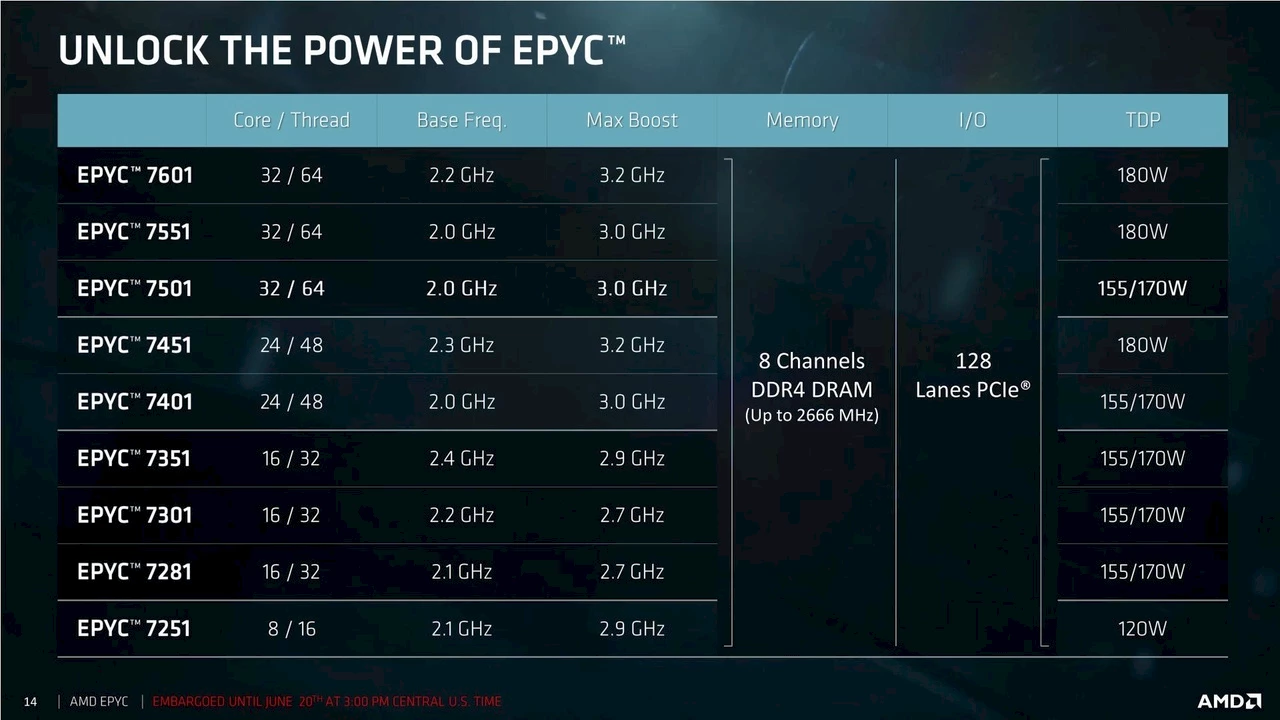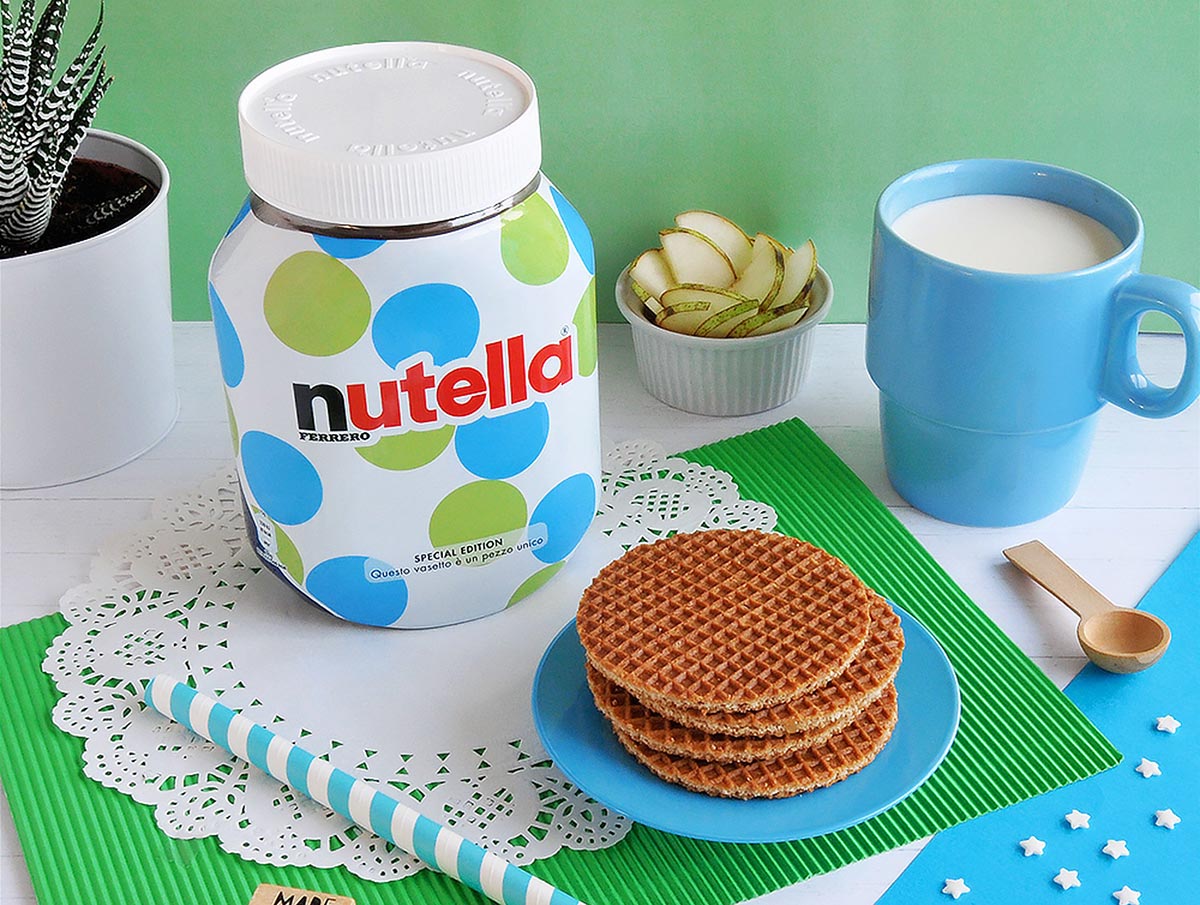Artificial intelligence vs. Ms. Pac-Man
Maluuba, the Montreal company specializing in deep learning and bought last January by Microsoft, achieved the highest possible score of 999 900 points on the classic video game Ms. Pac-Man, Atari 2600 version (from 1982). Artificial intelligence did the trick. The video above describes the process, which involved over 150 individual agents accomplishing simple tasks. The researchers were disappointed with the result: at 999 900 points, the score just goes back to zero. No cigar. It would seem that back in the eighties, Namco developers never anticipated that anyone would ever achieve this… inhuman score. The human record on Atari version 2600 is just 266 330 points.
⇨ The Verge, “Sorry humans, Microsoft’s AI is the first to reach a perfect Ms. Pac-Man score.”
Robot-sumo
Traditional Sumo wrestling opposes two wrestlers in a round ring, the dohyō. The winner must force his opponent outside the dohyō or get him to touch it with a body part other than his feet. The mechanical version is almost identical: two robots fight to the death on a vinyl-covered aluminium dohyō 154cm in diameter and 5cm high. Robots must fit in a 20cm cube and weigh 3kg or less, and may be remote-controlled or completely autonomous. Robert McGregor posted a best-of video of these bouts on YouTube, showing small, lightning-fast, highly aggressive robots displaying strategy as well as brute force. Note the foot and leg protection worn by the referees just outside the dohyō to avoid being injured by the miniature monsters. As for so many other amateur robot competitions, sumo robot fights are equal parts educational and recreational.
⇨ Motherboard, “Watch the fast and deadly art of Japanese robot sumo.”
⇨ FSI-All Japan Robot-Sumo, “All Japan robot-sumo tournament game rules.”
Lenovo’s bendy computer

Bendy computer. © Lenovo.
You know Salvador Dalí’s melting watches? That’s what Lenovo’s new flexible computer reminds us of. It’s basically a bendable screen with a built-in keyboard and the Thinkpad’s trademark “Tagada strawberry” mousenub (or whatever it’s called). With this concept, most of the interaction would happen over voice commands or a stylus. Lenovo says that this concept would be achieved through “advanced materials” and “new screen technologies.” That’s not very specific. The media and experts are coolly skeptical.
⇨ The Verge, “Lenovo shows off an absurd laptop concept with a flexible screen.”
AMD Epyc


Epyc Series. © AMD.
Chip designer AMD unveiled its new line of processors for data centre servers. This is of course a full frontal attack against Intel’s last, most profitable bastion, the Xeon processor. These new SoCs are based on the new Zen microarchitecture, which we’ve seen in action in Ryzen chips. The Epyc series starts at the 7251, an 8-core processor able to handle 16 simultaneous threads (frequency of 2.1 to 2.9 GHz) and tops out at the 7601, a 32-core chip with 64 threads and a base frequency of 2.2 GHz hitting 3.2 GHz in “boost” mode, for about US$4,000 apiece. TDP goes from 120 to 180W depending on the model. This is AMD’s third try at Intel’s server market share. Third time’s a charm? “We are offering 47 per cent higher performance against the top product from Intel,” said AMD CEO Lisa Su, to an ovation by the audience at Long Center in Austin, Texas.
⇨ AnandTech, “AMD’s future in servers: new 7000-Series CPUs launched and EPYC analysis.”
Algorithmic design

Nutella Unica. © Ferrero.
Designers may be the next to go the way of the elevator operator. In February, Ferrero released a batch of 7 million Nutella jars, each with a unique label. How did they do it? They hired the best algorithm money could buy. The result: polka dots, stripes, squares, splotches, circles, you name it, all in vivid, eye-catching colours. The collector jars, released in Italy, were sold out within a month. Cynics are saying that the catchy campaign, dubbed Nutella Unica, comes as Ferrero is increasingly criticized for using palm oil.
⇨ Dezeen, “Algorithm designs seven million different jars of Nutella.”

